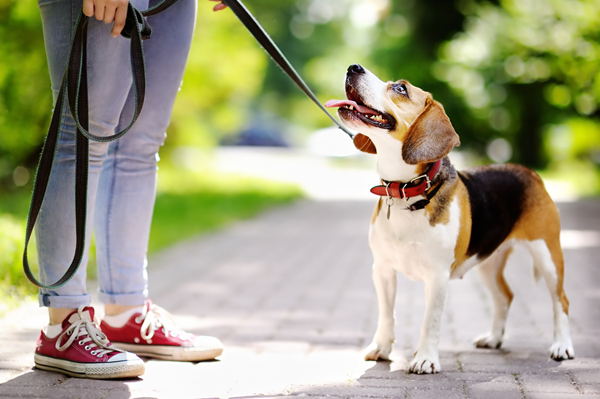
The summer holiday season gives pet owners some extra training time for their pet, so let’s explore how to achieve the best results for everyone. Whether it is with a trainer or on your own, training your furry friend is one of the most important parts of pet ownership. It helps establish a strong bond, ensures good behavior, and enhances the overall well-being of your pet.
In recent years, positive reinforcement training has gained popularity among pet owners and trainers alike. This blog will explore the rewards of positive reinforcement training and why it’s the best approach for your pet.
The Benefits of Positive Reinforcement Training
Strengthens the Bond Between You and Your Pet
Positive reinforcement training fosters a relationship built on trust and mutual respect. By rewarding your pet for good behavior, you create a positive association with training sessions. Your pet will look forward to spending time with you and learning new things.
Promotes a Happy and Confident Pet
Pets trained with positive reinforcement tend to be happier and more confident. They learn that good things happen when they follow commands, which boosts their self-esteem and reduces anxiety.
Provides Effective and Long-Lasting Results
Positive reinforcement training leads to more effective and lasting behavior changes. Pets are more likely to remember and repeat behaviors that have been positively reinforced. This method also reduces the risk of behavioral issues that can arise from fear- or punishment-based training.
Improves Communication
Positive reinforcement training enhances communication between you and your pet. It helps your pet understand what you expect from them, making it easier for them to comply. Clear communication reduces frustration for both you and your pet.
Is Safe and Humane
Positive reinforcement training is safe and humane. It avoids the physical and emotional harm that can come from punishment-based training methods. Your pet will feel secure and loved, leading to a healthier and more trusting relationship.
How to Implement Positive Reinforcement Training
Use High-Value Rewards
Identify what motivates your pet. Use high-value rewards like treats, toys, or praise to reinforce good behavior. Make sure the rewards are something your pet loves and will work hard to earn.
Timing is Key
Reward your pet immediately after they perform the desired behavior. This helps them connect the behavior and the reward. Consistency is crucial to reinforce the learning process.
Be Patient and Consistent
Training takes time and patience. Be consistent with your commands and rewards. Practice regularly but keep training sessions short and fun to maintain your pet’s interest and enthusiasm.
Use Positive Language
Always use positive language and a cheerful tone during training sessions. Avoid yelling or using negative commands. Positive interactions create a pleasant learning environment for your pet.
Gradually Increase Challenges
As your pet becomes more proficient, gradually increase the difficulty of the tasks. This increasing difficulty keeps your pet mentally stimulated and engaged. Celebrate their progress with extra rewards and praise.
Positive reinforcement training is a powerful and rewarding method for training your pet. It strengthens your bond, promotes a happy and confident pet, and leads to effective and lasting behavior changes. By using rewards, patience, and consistency, you can achieve amazing results with your furry friend. Embrace positive reinforcement training, and watch your pet thrive!
